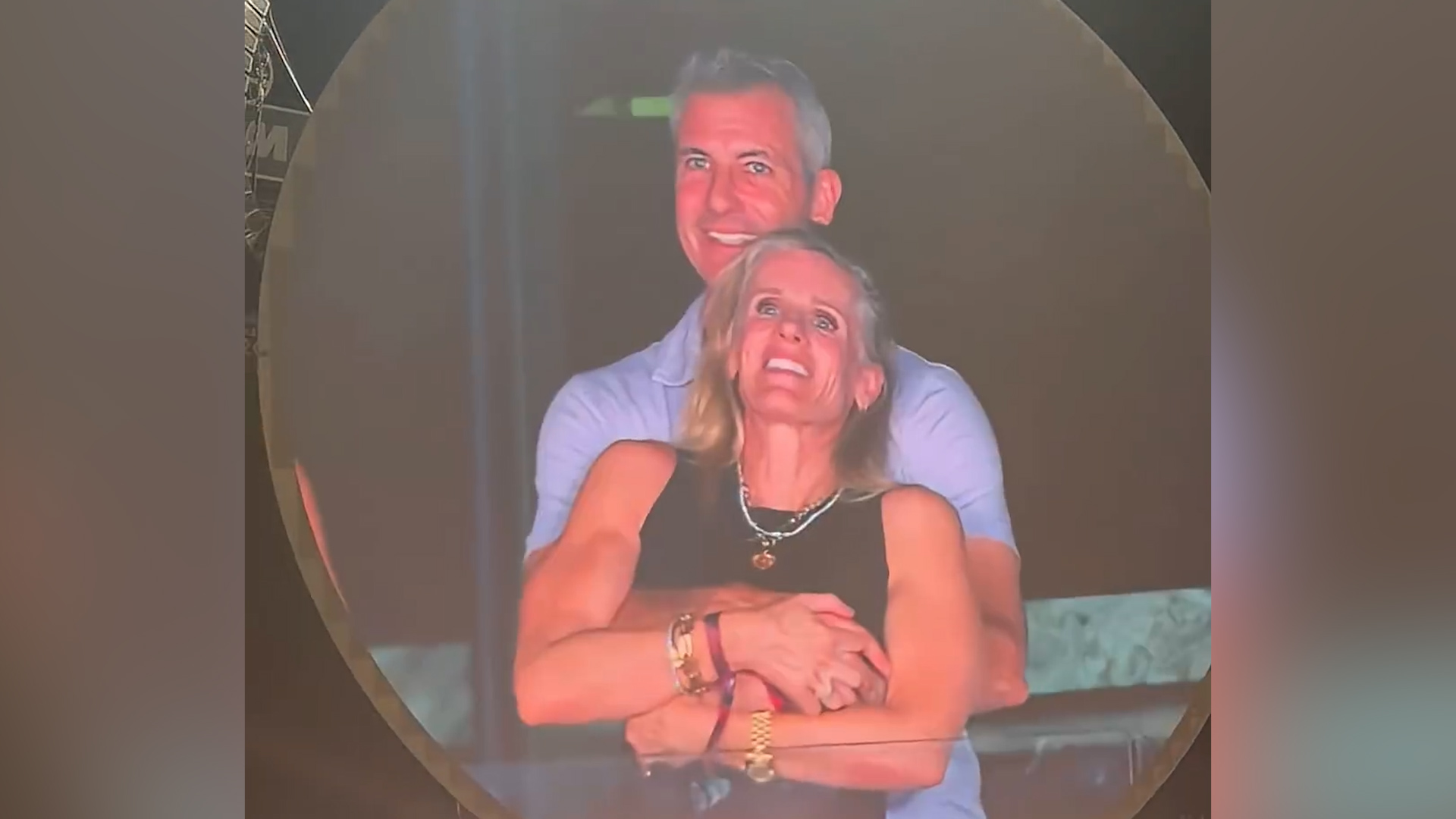
What should have been a feel-good moment at a Coldplay concert this week turned into a viral spectacle after a “kiss cam” focused on a couple of canoodling-turned-panicked concertgoers. They were later revealed as a CEO and his company’s head of human resources.
But it appears they are not alone in having an office romance. A study found that 79 percent of American workers said they’ve had a long-term workplace romance—with around a third being involved with their supervisor or boss.
Why It Matters
The frequency of supervisor-employee relationships raises critical questions for workplace fairness, company culture and human resources. Recent viral incidents, including the widely shared footage of Astronomer CEO Andy Byron and Chief People Officer Kristin Cabot embracing at a Coldplay concert, have magnified public scrutiny of office romances—especially when they involve power dynamics. The “kiss-cam” incident highlighted the reputational risks for companies and employees when private moments become public fodder.
What To Know
The “Modern Workplace Romance Report” from Zety surveyed over 1,000 U.S. employees and found that 32 percent reported they had dated a boss or supervisor.
Another 91 percent admitted to using flirting or charm to advance their career or gain professional favoritism.
Meanwhile, a “Workplace Romance in America” report from Blind determined the personnel most likely to have a workplace romance. The survey of 8,784 employees found that human resources staff were the most likely to date at work, with 42 percent saying they had dated a coworker, followed by marketing and communication department staff at 39 percent and sales at 36 percent. CEOs were not among the top three.
Grace Springer via Storyful/Grace Springer via Storyful
The Zety study found that 86 percent of workers also believed remote work has made it easier to foster romantic connections at work. A majority of U.S. staff, 94 percent, believe emojis and GIFs help facilitate digital workplace flirting but they could be a double-edged sword, as 79 percent reported they had accidentally sent flirtatious messages to the wrong recipient.
Despite the prevalence of romances, most employees now operate under explicit policies for workplace relationships with nearly all workers, 94 percent, saying their companies have such guidelines.
However, the report also highlighted that policies do not always guarantee disclosure.
A separate survey by Resume Genius earlier this year found that 72 percent of employees do not inform HR or management about workplace romances, even as 38 percent worry about the fallout if such relationships end.
Who People Are Saying
Toni Frana, career services manager at Zety, told Forbes magazine Friday, “Power imbalances can be more discreet in remote settings, increasing risks of favoritism and ethical issues. Transparency in relationships is crucial as inappropriate perks and favoritism can erode morale and breed distrust.”
Astronomer said in a statement Friday, “Astronomer is committed to the values and culture that have guided us since our founding. Our leaders are expected to set the standard in both conduct and accountability. The Board of Directors has initiated a formal investigation into this matter and we will have additional details to share very shortly.”
What Happens Next
As remote work persists and digital communications become central to office life, employers must navigate the increasingly complex landscape of workplace relationships. Experts recommend ongoing education, transparent company policies, and a clear process for reporting and managing romances, especially those involving hierarchical power differences.
Neither Byron nor Cabot have responded publicly to the incident. Whether they do so remains to be seen.
